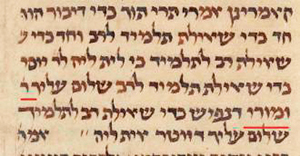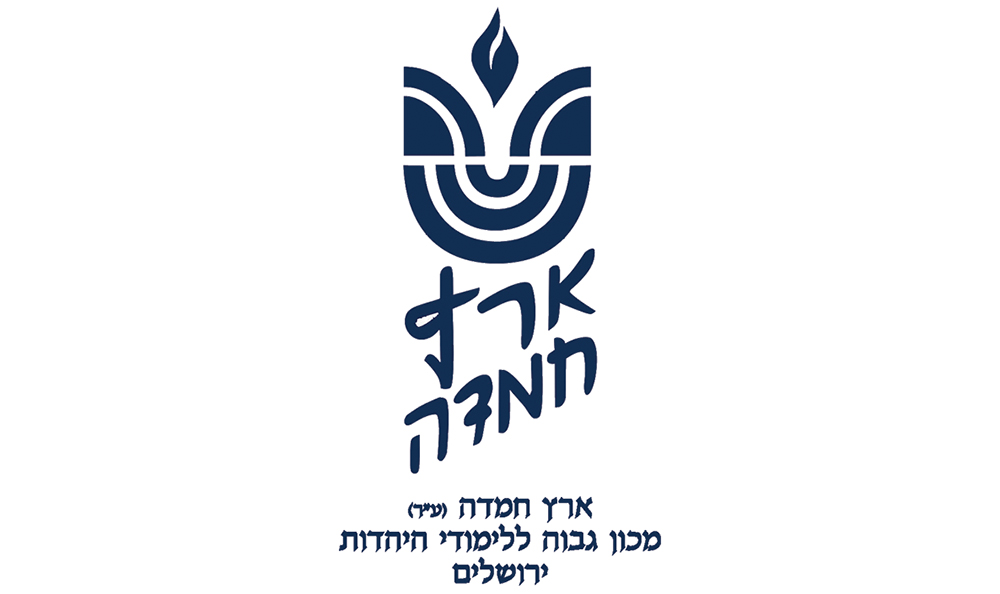
The rush/emotional high of the NORPAC Mission to Washington is incomparable. This thrilling sensation draws more than a thousand people year after year to devote a day to directly address nearly every member of Congress to help build the thriving American-Israeli alliance. Yes, the day begins early and ends late, but the elation and sense of duty and mission accomplished is what makes it all worth it and then some. It is what has motivated this author to join nearly every mission since 1997.
A historical perspective is necessary to truly perceive the profound meaning of the mission. In 1940, a group of New York Jews petitioned New York Senator Robert Wagner Sr. to introduce a congressional bill that would admit 10,000 Jewish children yearly into the United States, beyond the restrictive immigration quotas. Senator Wagner readily agreed. His acquiescence was not surprising considering this was a request coming from his constituents. The efforts of Senator Wagner, though, were for naught. The bill did not even make it out of committee. Jewish powerlessness at its nadir. The price for the lack of Jewish political organization, to put it very starkly, was 50,000 dead Jewish children.
Lest one think I exaggerate, permit me to quote Rabbi Yosef Dov Soloveitchik. It is well known among students of Rabbi Soloveitchik that he was ultra-conservative about the siddur and tefillah. Yet, Rabbi Soloveitchik stated publicly, to a crowd of hundreds at Yeshiva University’s Furst Hall, that had he been endowed with the authority, he would have made an addition to the Al Cheit (confessional) list for American Jews to recite on Yom Kippur. “For the sin of remaining silent while our brothers suffered and perished in Europe during World War II.” He compared American Jews, including himself, to Joseph’s brothers who saw their brother’s anguish and did nothing. What shame.
Dr. Yoram Hazony poignantly notes in his celebrated work “The Dawn: Political Teachings of the Book of Esther”:
“The story of the destruction of the Jewish people in Europe in our own time is characterized by the utter lack of political pressure on the German regime and its allies to cease their atrocities. Even in the free countries, the activities of the Jews to bring pressure on the German regime and its allies to bring pressure upon their governments were minimal—while the Germans themselves were ferocious in lobbying foreign governments to the ends of the earth to destroy those Jews under their control. And when one side applies pressure to attain the execution of a policy, and this policy meets with no resistance from the other side, the results are foregone.”
As a teenager, I asked my parents what they did to help Jews during the Holocaust. My parents were in their early 20s during the early 1940s. My parents were ashamed to say they did nothing. I could see the terrible discomfort in their faces. I promised myself I would never place myself in that position of having to admit to my children that I remained silent when the Jewish people were in grave danger. Thank God, my children each eagerly await their reaching the age at which they can join me in the NORPAC mission. Each year they insist on coming. They grasp the message.
On the positive side, however, year after year we hear of Mordechai’s political activism, both proactive and reactive. Unlike our story under Egyptian bondage, where until Moses arrived on the scene we passively acquiesced to the brutal state bondage, Mordechai and Esther adroitly applied pressure and together with God saved our people from annihilation. Rav Soloveitchik himself noted that in regard to the State of Israel, American Jewry has improved and followed the model of Megillat Esther’s political activism on behalf of the State of Israel.
The lessons are stark and apparent. Jewish political activism is essential for Jewish survival. As Mordechai and Esther knew very well, we have no alternative.
From its humble beginnings in the mid-1990s, the NORPAC annual mission to Washington has enabled thousands of Jews to follow in the footsteps of Mordechai and Esther to speak truth to power and advocate for the strengthening of the American-Israeli relationship. Make no mistake about it: anti-Israel lobbyists are ferociously working to destroy the Jewish state in every possible venue. We are the front-line soldiers in the battle for American support for Israel.
The effort cannot be left to a select few as in the time of Megillat Esther. In a democracy, numbers mean everything. The greater the numbers of attendees at the mission, the greater the impact on politicians. To a great extent, the most important portion of the mission is the initial meeting of the day when political leaders from both major parties address the attendees. A large crowd broadcasts deep and wide support for the American-Israeli alliance.
NORPAC is strictly bipartisan and issues addressed are consensus topics such as foreign aid for Israel and development of anti-missile defense. All ages, from the youngest to the oldest, are necessary to make an impact. Youngsters’ attendance is critical to the mission’s success. When young adults join the mission, politicians see continuity and receive a message that the Jewish people will be broadcasting for many years and decades to come.
It feels so good to have the opportunity to speak to members of the House and Senate. It feels empowering to walk the halls of Congress and be greeted with a warm welcome at congressional offices. You are no longer a bystander to the great events of the day; you are a part of making things happen. You can make a difference.
Our Israeli brothers and sisters make considerable sacrifices for the well-being of the Jewish state. Most significantly, of course, is the multi-year service in the Israel Defense Forces with a few weeks of reserve duty each year. We are asked to sacrifice one day and join the NORPAC mission to help Israel. One day spent on the bus with good friends and making more good friends along the way. Good food and good conversation and the excitement of seven hours on Capitol Hill.
The Annual NORPAC Mission to Washington. It is the least we can do for our people. Join us this year and every year. If you live within a five-hour driving distance to Washington, D.C., you should be there.
By Rabbi Haim Jachter











